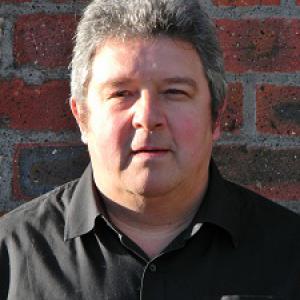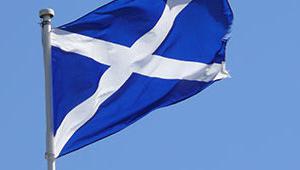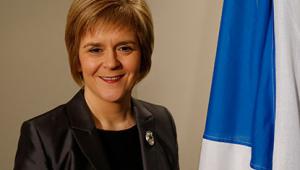The SNP lost 21 of its 56 Commons seats, mostly at the hands of the Conservatives, in the general election yesterday.
In contrast to their colleagues south of the border, the Scottish Tories had a triumphant election, increasing their Scottish tally of MPs from one to 13, after a campaign in which their leader, Ruth Davidson, hammered away relentlessly at the idea that a Tory vote would stop “Indyref2” in its tracks. The other unionist parties, having adopted similar positions, also scored off the SNP.
Davidson claimed that the result had left IndyRef2 “dead”.
The SNP had been braced for losses after its dramatic capture of 56 out of the 59 Scottish seats in 2015, but the casualties were heavier than anticipated and included such major figures as former First Minister Alex Salmond and Westminster Leader Angus Robertson.
It leaves the SNP on 35 seats, still by far the biggest Scottish representation at Westminster, while the Tories, Labour and the Liberal Democrats - left with just one seat apiece in 2015 – are on 13, seven and four respectively.
Swinney acknowledged that the IndyRef2 issue, which dominated debate in Scotland, had played a “significant” part in a disappointing result for the SNP. First Minister Nicola Sturgeon said she would reflect on the outcome before deciding her next steps, but there seems little doubt that the party will want to put IndyRef2 on a back burner, at least for now.
Sturgeon’s original intention, endorsed by the Scottish Parliament, was to hold the vote after the Brexit negotiations ended but before the UK left the EU, if the deal did not allow Scotland to remain within the single market. Scots voted decisively at the EU referendum to remain in the EU.
But her unionist opponents believed there was little enthusiasm among Scots to revisit the independence issue so soon after the 55-45 vote in 2014 against leaving the UK, and Sturgeon’s own timetable for it perceptibly slipped during the election campaign to a more distant and less precise date, once the process of Brexit was complete.
The issue is also tricky for Labour, which dominated Scottish politics through the post-war decades. Its voters deserted to the SNP in droves after the 2014 independence referendum, in protest both against its unionist alliance with the Tories and what many saw as a drift away from socialism.
Its Scottish Leader, Kezia Dugdale, remains publicly less open to IndyRef2 than her UK Leader Jeremy Corbyn, and was generally seen to have fought a poor campaign. Yet the election brought the party some important gains, and there will now be intense debate as to whether Labour voters were lured back from the SNP by opposition to IndyRef2, or by Corbyn’s more forthright socialist programme.
Scotland produced some of the UK’s closest general election results. Just two votes gave the SNP’s Stephen Gethins a further term in North-east Fife against a Lib Dem challenge, while former rock musician Pete Wishart held Perth and North Perthshire for the SNP with a majority of just 21.












